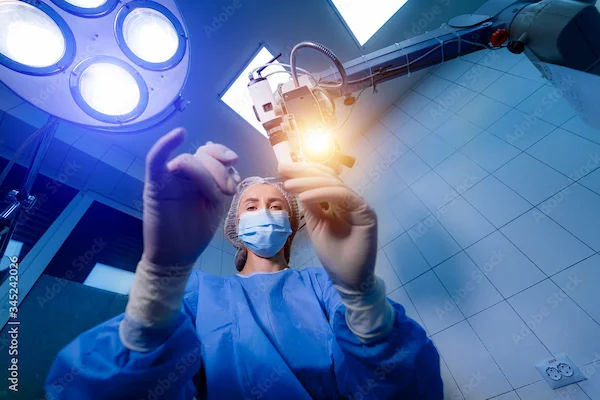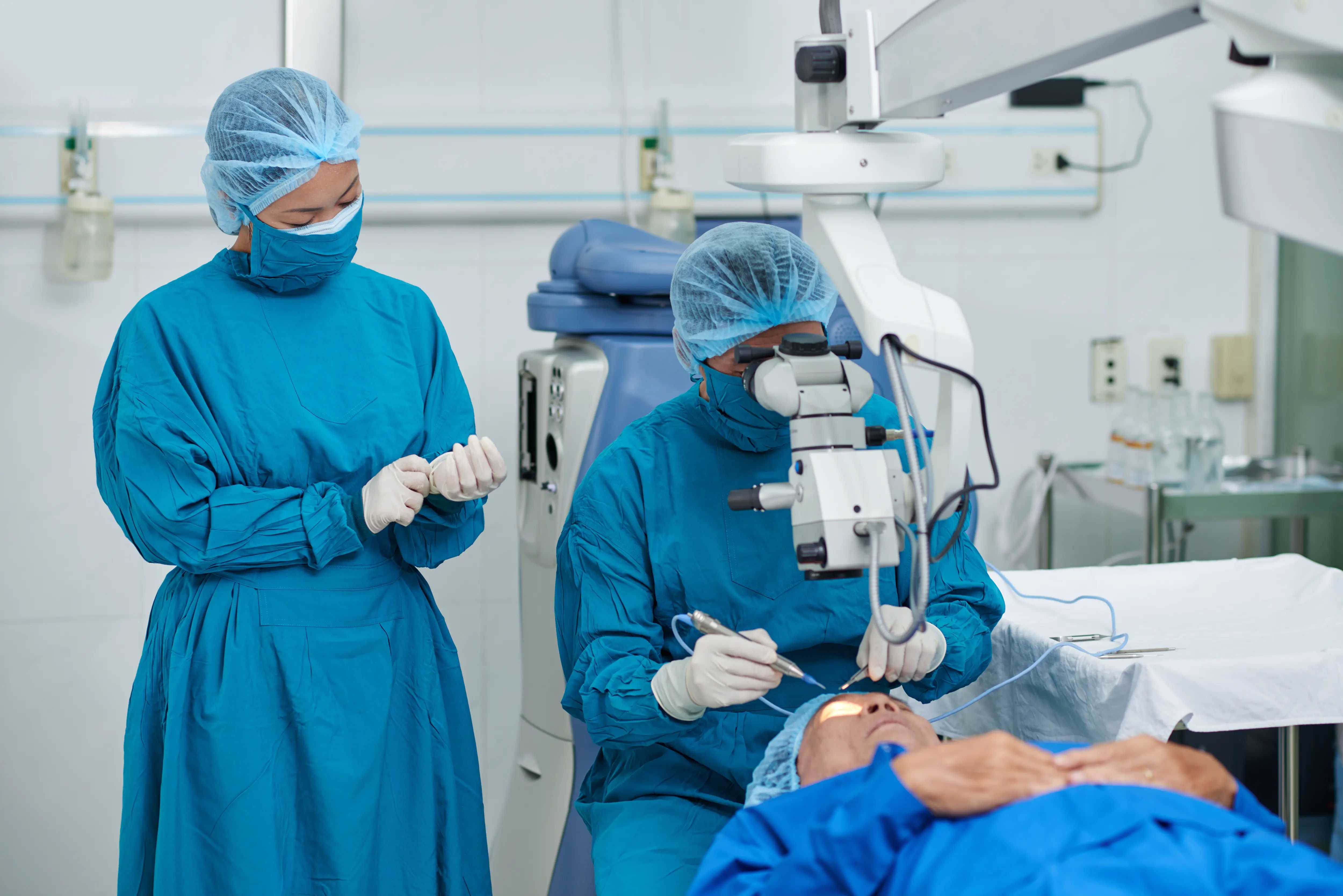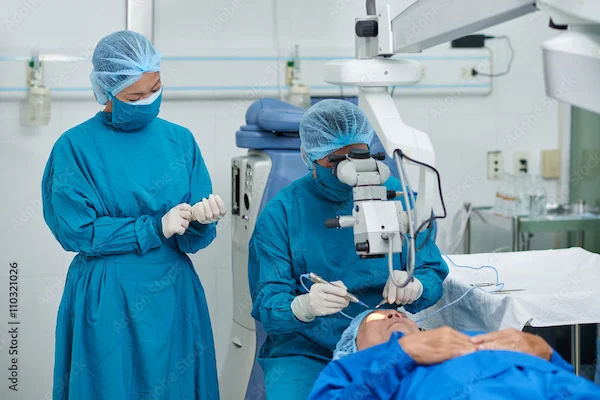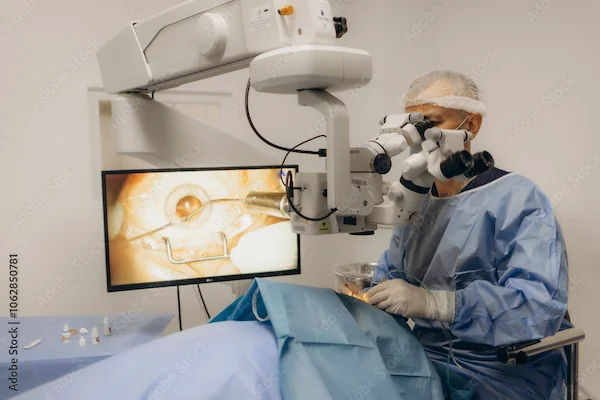Bending And Lifting After Cataract Surgery
Understand the precautions for bending and lifting after cataract surgery. Learn how to protect your eyes during recovery and ensure optimal healing with proper post-operative care.

Written by
Last updated on 13th Jan, 2026

Introduction
Cataract surgery is a common and generally safe procedure that helps restore clear vision by replacing a cloudy lens with an artificial one. While recovery is usually quick, certain precautions, especially regarding bending and lifting, are essential to ensure proper healing and avoid complications.
If you or a loved one has recently undergone cataract surgery, this guide will help you understand why these restrictions matter and how to follow them safely.
Why Avoid Bending and Lifting After Cataract Surgery?
After cataract surgery, your eye needs time to heal. The tiny incisions made during the procedure are delicate, and sudden movements or strain can increase pressure inside the eye, leading to complications such as:
Increased eye pressure: Bending or lifting heavy objects can strain the eye, delaying healing.
Dislodging the new lens: The artificial intraocular lens (IOL) needs time to settle properly.
Risk of bleeding or swelling: Excessive strain can cause fluid buildup or irritation.
For the first few weeks, your doctor will advise avoiding certain activities to protect your eyes.
How Long Should You Avoid Bending and Lifting?
Most surgeons recommend avoiding strenuous activities, including bending and lifting, for at least:
First 24–48 hours: No bending or lifting at all.
First 1–2 weeks: Avoid heavy lifting (anything over 10–15 lbs) and excessive bending.
After 2–4 weeks: Gradually resume normal activities, but check with your doctor first.
Always follow your surgeon’s specific instructions, as recovery times may vary based on individual healing.
Consult Top Specialists for Personalised Tips
Safe Alternatives to Bending and Lifting
Some of the safe alternatives to bending and lifting are:
1. Avoid Bending at the Waist
Instead of bending forward to pick something up:
Squat down while keeping your back straight.
Use a grabber tool for picking up objects from the floor.
Ask for help if you need to retrieve something low.
2. Limit Heavy Lifting
Avoid lifting anything heavier than 5–10 lbs (like a gallon of milk) for the first few weeks.
If you must lift something, bend your knees and keep your head above your heart.
3. Adjust Daily Activities
Sleeping: Keep your head slightly elevated (use an extra pillow) to reduce eye pressure.
Household chores: Avoid mopping, vacuuming, or gardening for the first week.
Exercise: Skip weightlifting, yoga (especially downward-facing poses), and swimming until cleared by your doctor.
Other Important Post-Surgery Care Tips
Some of the other post-surgery care tips are:
1. Use Prescribed Eye Drops: These prevent infection and reduce inflammation.
2. Wear an Eye Shield at Night: Protects your eye from accidental rubbing while sleeping.
3. Avoid Rubbing Your Eyes: This can disrupt healing or introduce bacteria.
4. Skip Strenuous Exercise: Walking is fine, but avoid high-impact workouts.
5. Wear Sunglasses Outdoors: Protects your eyes from bright light and dust.
When to Call Your Doctor?
While mild discomfort and blurry vision are normal initially, contact your doctor if you experience:
Severe pain or sudden vision loss
Increased redness or swelling
Flashes of light or floating spots (could indicate retinal detachment)
Nausea or vomiting (sign of increased eye pressure)
Conclusion
Recovering from cataract surgery is usually smooth, but taking precautions with bending and lifting helps ensure a complication-free healing process. Listen to your body, follow your doctor’s advice, and don’t hesitate to ask for help when needed. If you have concerns or need personalised guidance, consider booking a follow-up consultation with an eye specialist on Apollo 24|7 for expert advice.
Consult Top Eye Surgeon
Consult Top Specialists for Personalised Tips

Dr. Meenakshi Pande
Ophthalmologist
22 Years • MBBS, DO, FICO, FRCS
Chennai
Apollo Speciality Hospitals OMR, Chennai
(100+ Patients)
Dr. Ashu Agarwal
Ophthalmologist
24 Years • MBBS, MS
Delhi
Apollo Hospitals Indraprastha, Delhi

Dr. Sujit Pahari
Ophthalmologist
22 Years • MBBS, DNB, DOMS Ophthalmologist/ Eye Surgeon. FIC (Ophthal).
Bilaspur
Apollo Hospitals Seepat Road, Bilaspur
(25+ Patients)

Dr. Shivani Grover
Ophthalmologist
9 Years • MS (Ophthalmology), Fellowship Cataract, Squint & Paediatric Ophthalmology
Lucknow
Apollomedics Super Speciality Hospital, Lucknow
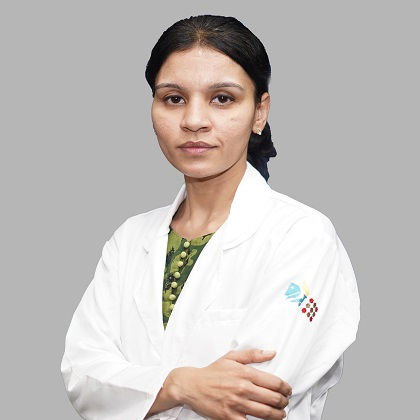
Dr Monica Gour
Ophthalmologist
9 Years • MS(Ophthalmology) Fellowship in Cornea
Lucknow
Apollomedics Super Speciality Hospital, Lucknow
Consult Top Eye Surgeon

Dr. Meenakshi Pande
Ophthalmologist
22 Years • MBBS, DO, FICO, FRCS
Chennai
Apollo Speciality Hospitals OMR, Chennai
(100+ Patients)
Dr. Ashu Agarwal
Ophthalmologist
24 Years • MBBS, MS
Delhi
Apollo Hospitals Indraprastha, Delhi

Dr. Sujit Pahari
Ophthalmologist
22 Years • MBBS, DNB, DOMS Ophthalmologist/ Eye Surgeon. FIC (Ophthal).
Bilaspur
Apollo Hospitals Seepat Road, Bilaspur
(25+ Patients)

Dr. Shivani Grover
Ophthalmologist
9 Years • MS (Ophthalmology), Fellowship Cataract, Squint & Paediatric Ophthalmology
Lucknow
Apollomedics Super Speciality Hospital, Lucknow

Dr Monica Gour
Ophthalmologist
9 Years • MS(Ophthalmology) Fellowship in Cornea
Lucknow
Apollomedics Super Speciality Hospital, Lucknow

